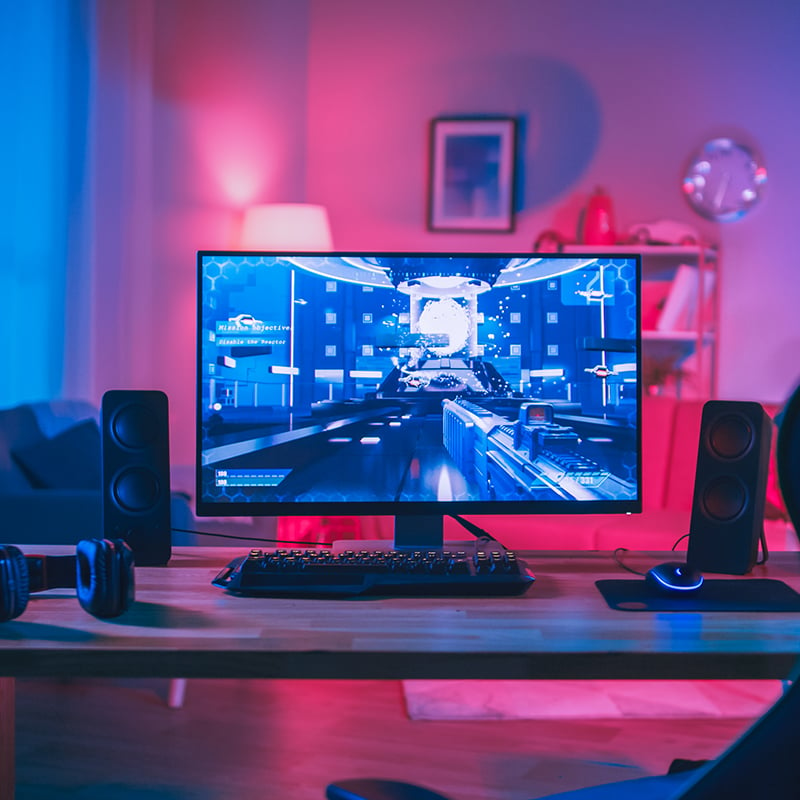
The original court dispute, dating back to June 2018, involved allegations that Redbubble sold user-generated products, which allegedly incorporated Atari’s proprietary logo and screenshots of Atari’s video games, such as Pong, Asteroids, Centipede, and Breakout. Specifically, Atari alleged that Redbubble knowingly infringed upon Atari’s intellectual property rights by allowing third parties to create, manufacture, and distribute large quantities of clothing and printed material containing various Atari logos, using the Redbubble platform. During trial, Cassandra Brown, Atari’s licensing director, told jurors that Redbubble sold hundreds of unlicensed products through its website, constituting “out of control” infringement of Atari’s intellectual property rights. However, California jurors were unpersuaded. On November 4, 2021, the jury ultimately found that Redbubble had not infringed any copyrights owned by Atari, nor had it counterfeited any of Atari’s trademarks directly or vicariously.
Arguably essential to Redbubble’s defense, and to the jury’s verdict against Atari, was the testimony of Redbubble’s in-house counsel, James Toy. Toy testified that Redbubble employs manual and automated reviews to capture infringement, even if these systems do not have a 100 percent success rate. Additionally, Atari had never provided Redbubble with notice or asked Redbubble to remove the images before filing the 2018 lawsuit. After Atari filed the lawsuit, Redbubble immediately removed 2,915 listings that potentially used Atari’s IP, which were valued roughly at $215,000 in potential sales. Toy also noted that over 90 percent of the removed listings were later restored after artists argued that their designs had nothing to do with Atari’s intellectual property.
During the trial, District Court Judge Jon S. Tigar instructed the jury that it may award between $1,000 and $200,000 “per mark, per type of good” if they found that Redbubble was liable for infringement, either directly or vicariously. In less than a day following closing arguments, the jury found in favor of Redbubble and against Atari on all claims.
The jury verdict could shed light on a few important takeaways for stakeholders in potential future litigation who find themselves in either Atari’s or Redbubble’s position. First, when dealing with potential online infringement, a plaintiff should conduct an initial investigation of the claimed infringement and their own intellectual property rights with regard to that specific content. The investigation could consist of online orders, use of a private investigator, and screen images. The company should keep records of its investigation process and ensure that it maintains receipts and understands the jurisdictions involved. Second, companies should ensure that they have protected their own copyrights and trademarks via applicable registrations and contract provisions with third parties, such as distributors and online sellers. With a system of registration and solid contractual protections, companies will have several avenues to consider for challenging infringement.
Another key takeaway from this case is that a company should strongly consider providing an online marketplace with clear and direct notice that they are committing infringement. The notice should clearly state what products are infringing and include links and records to establish the claim. This would not only give the alleged infringer the opportunity to take down the infringing content without involving the courts, but it would also provide evidence that notice was provided and the continued display of the item constituted an infringement of those rights.
The fact that Atari did not provide Redbubble with a takedown notice before initiating legal proceedings might have played a role in the case’s outcome. Without any takedown notices, it was presumably easier for the jury to find that Redbubble had little to no notice of infringement on its website. Additionally, in the interests of friendly business practices and judicial efficiency, it may have been a distasteful tactic for Atari to file suit and involve the judicial system before giving Redbubble an opportunity to remove any allegedly infringing content. As soon as Redbubble became aware of the suit, it removed almost 3,000 potentially infringing images, despite the potential for significant monetary loss. Redbubble’s cooperative response may have helped sway the jury in Redbubble’s favor even further.
